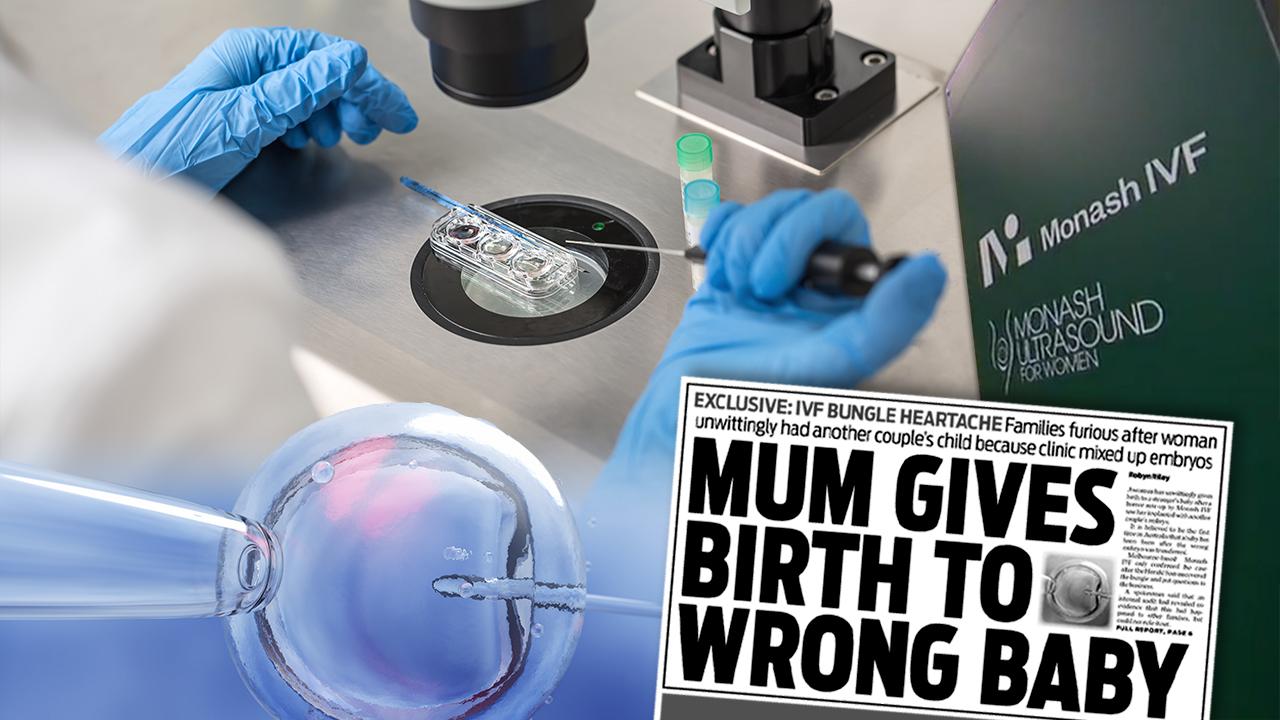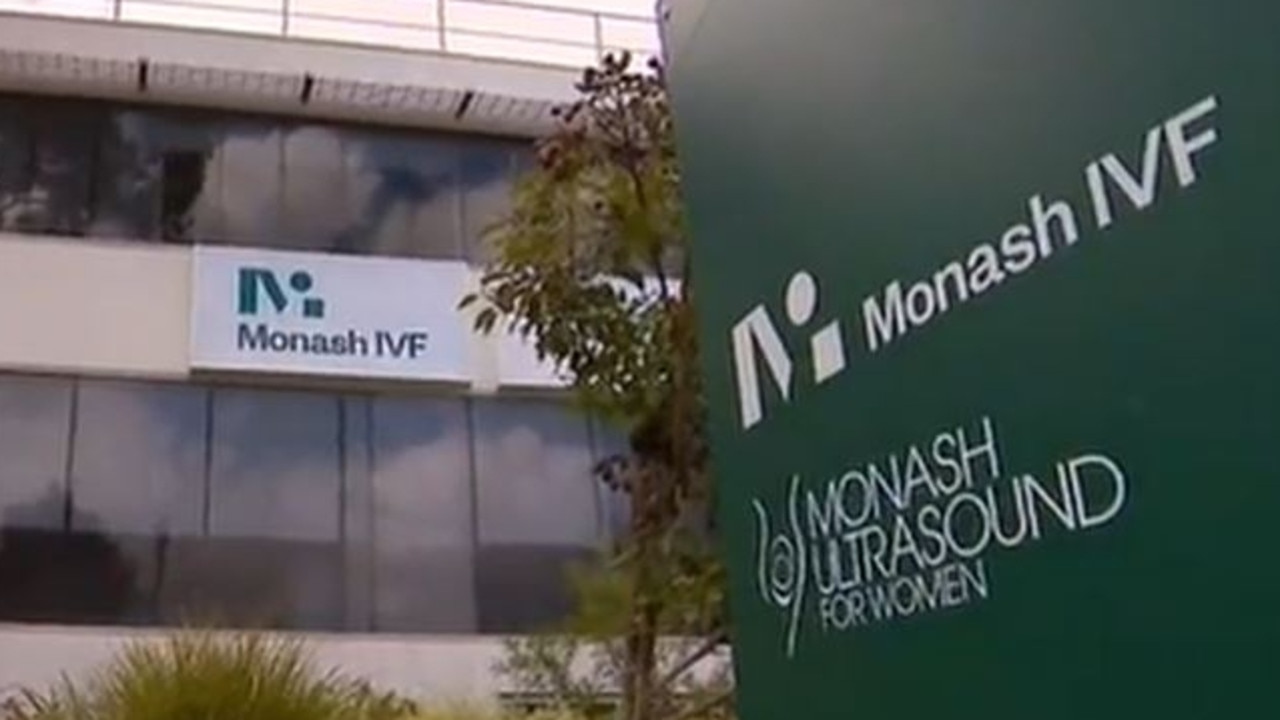US doctor touches down to spruik gender selection
An influencer’s decision to travel to the US to select the sex of her baby sparked nationwide debate and a surge in interest about the practice. Now, her American doctor has touched down in Australia.

Fertility
Don't miss out on the headlines from Fertility. Followed categories will be added to My News.
A US doctor who helps Aussies choose the sex of their baby has landed in the country to meet with other medicos and prospective patients about the controversial practice.
Non-medical gender selection is banned here and debate raged across Australia after this masthead exclusively revealed how Melbourne content creator Caitlin Bailey had selected a girl to be her fourth child through Dr Daniel Potter in California.
The single mum, who already has two sons and a daughter,said she was “quite nervous” about backlash but had personally received mainly positive feedback.

“I think it’s just opened up the discussion,” she said.
She spent about $45,000, including travel costs, on the processand used a sperm donor.
A News Corp poll found only a quarter of readers thought non-medical sex selection should be allowed in Australia.
Gender Selection Australia (GSA), which Dr Potter partners with, received 50 per cent more inquires in May than its monthly average following the story on Ms Bailey.
More than 100 people are expected to attend a combination of GSA seminars and individual consults during his visit, which will see him in Brisbane, Sydney and Melbourne.
“I respect that there are differing views here in Australia and that it’s a lively debate,” Dr Potter said.
“If it doesn’t affect anyone else, why shouldn’t couples going through IVF here in Australia be allowed to have access to the gender information that’s already available about their embryo — it’s just suppressed — so they can decide which embryo to use?
“And appreciating that sometimes change does take time, if that’s currently too difficult for Australians to adopt, then at the very least they should respect the right of Australian parents … to travel to the USA for this simple procedure, rather than it being such a private decision for fear of backlash from others.”
He said he was looking forward to meeting a number of doctors in Australia to discuss how they could work together to make sure the process via his practice was as easy as possible, especially given the logistic and financial hurdles families faced.
Dr Potter estimates his sex selection services have led to the birth of thousands of Aussie bubs over more than 20 years.
Concerns around sex selection include the commodification of children.
An Aussie former patient of Dr Potter, who wished to remain anonymous, used his services to have a desperately-wanted daughter about nine years ago.
She already had two sons and two stepsons, and said the process to have her girl cost about $50,000.
“I just didn’t feel complete without a daughter,” she said.
Some trusted loved ones are aware the woman went through gender selection, but her sons and daughter do not know how the girl was conceived.
“The only reason I haven’t (told the kids) is because I didn’t want my boys to think that she was wanted more than them … so I’ve got to think about how I say that,” she said.
The woman said she believed non-medical gender selection should “absolutely” be accessible in Australia.
Nicole Mason, from GSA, said people reaching out to the service felt equal parts empowered and scared to discuss this outside their close circle.
“I think there is still shock at the strong emotion triggered in many Australians,” she said.
“Many Australians definitely perceive it as more intervention than it is.”

Director of Deakin University's Law, Health and Society research unit Associate Professor Neera Bhatia said non-medical sex selection should be allowed.
“Australia’s birthrate is falling, and we need more three and four child families,” she said.
“It is likely that some families with two and three children of the same sex that might have extended by one more child have not done so because of the lack of certainty of the sex of that potential child.”
Sex selection is permitted to avoid risk of serious genetic conditions.





